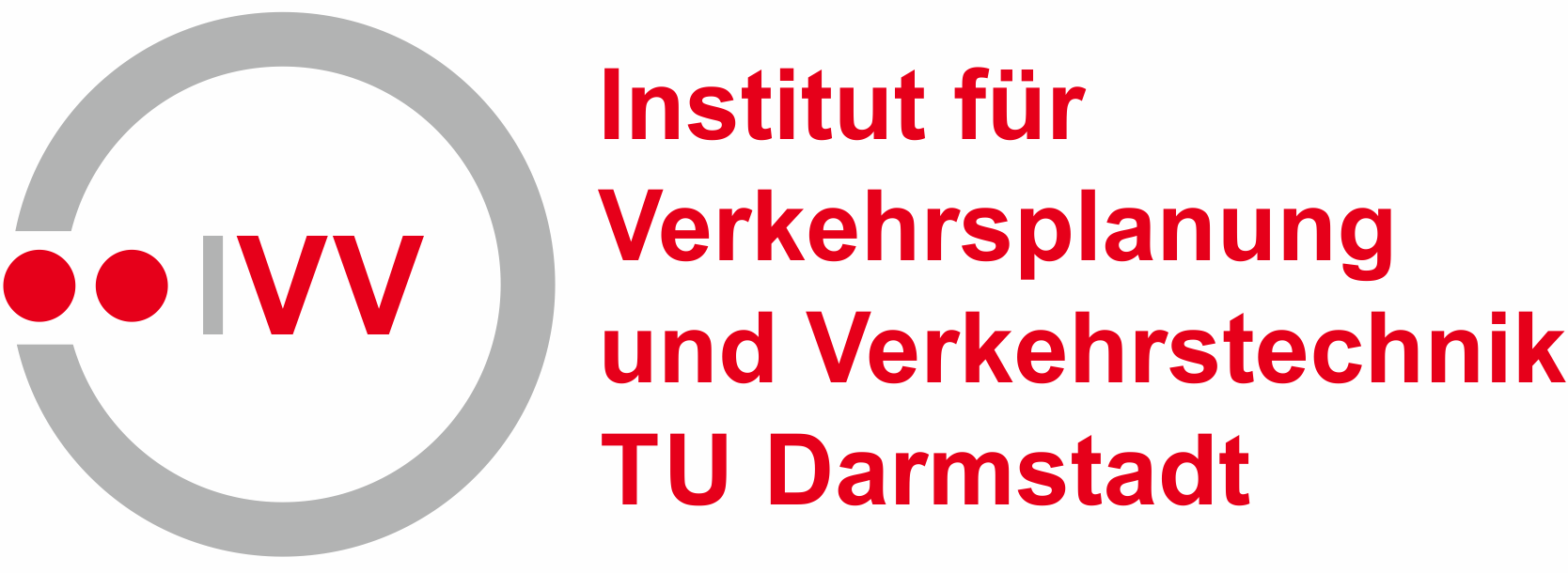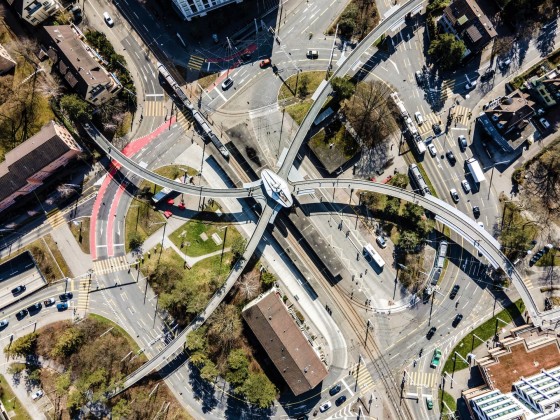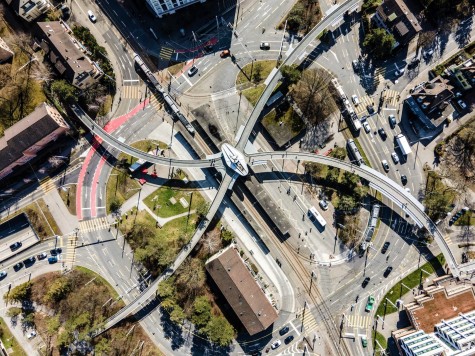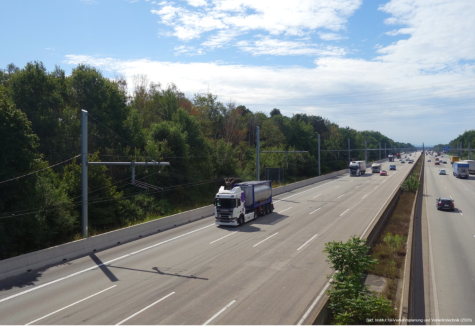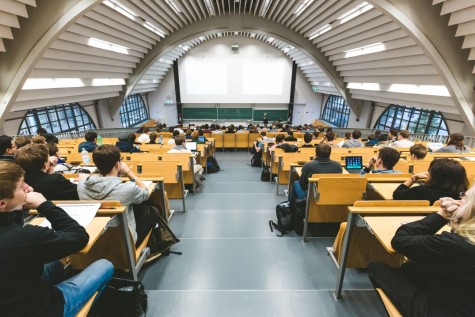For some years now, the IVV's research focus has been primarily on transport planning and management, for which methodological foundations for systematic planning are developed and specific measures are investigated and further improved. This includes the use of new technologies in traffic telematics, both for private and public transport. Methods of integrated network planning and transport development planning are equally in the foreground as the design of multimodal transport systems with references to urban and regional research. Supply design, influencing demand and incident management are important components of our research profile. In particular, the analysis of various examples of urban mobility transformations as a result of extreme events is gradually coming to the fore, which are capable of drastically changing cities and our everyday lives due to their complexity, size and scope. Major influencing factors are, for example, sporting events (Olympic Games, World Cup), cultural events (Hadsch, World Fairs/Expos), natural disasters (hurricanes, floods) and diseases (epidemics and pandemics). Some of these events result from planning decisions; others occur randomly and sometimes without warning.
Institute of Transport Planning and Traffic Engineering

Research at the Institute of Transport Planning and Traffic Engineering
Overview of our Research Activities
We work with passion and commitment on our research projects. Our activities are characterised by broadly diversified fields of activity. Find out more about us on the following pages and don´t hesitate to ask us directly. We look forward to get to know you!
